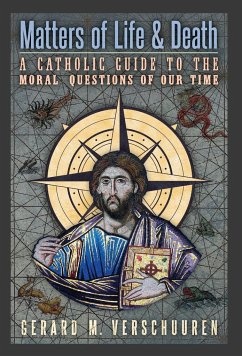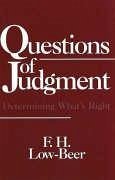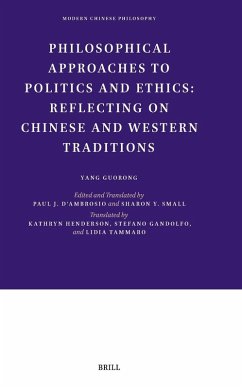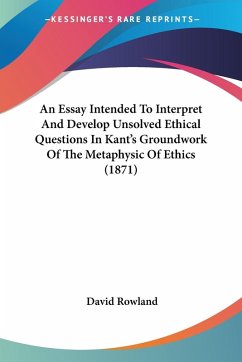Nicht lieferbar

Ethical Questions
East and West
Eastern Philosophy represents one of the most ancient intellectual traditions of human culture, yet it is generally ignored by Western philosophers. Today more than ever, the need for understanding in a global community should be stressed as the scope, scale, and complexity of social changes increase. Bina Gupta strives to obtain a harmonious balance between the two traditions in her book Ethical Questions: East and West. Both ancient and modern sources such as the Buddha, Aristotle, the Upanishads, Simone de Beauvoir, Kant, and Alasdair MacIntyre are used to illustrate the varying traditions....
Eastern Philosophy represents one of the most ancient intellectual traditions of human culture, yet it is generally ignored by Western philosophers. Today more than ever, the need for understanding in a global community should be stressed as the scope, scale, and complexity of social changes increase. Bina Gupta strives to obtain a harmonious balance between the two traditions in her book Ethical Questions: East and West. Both ancient and modern sources such as the Buddha, Aristotle, the Upanishads, Simone de Beauvoir, Kant, and Alasdair MacIntyre are used to illustrate the varying traditions.












